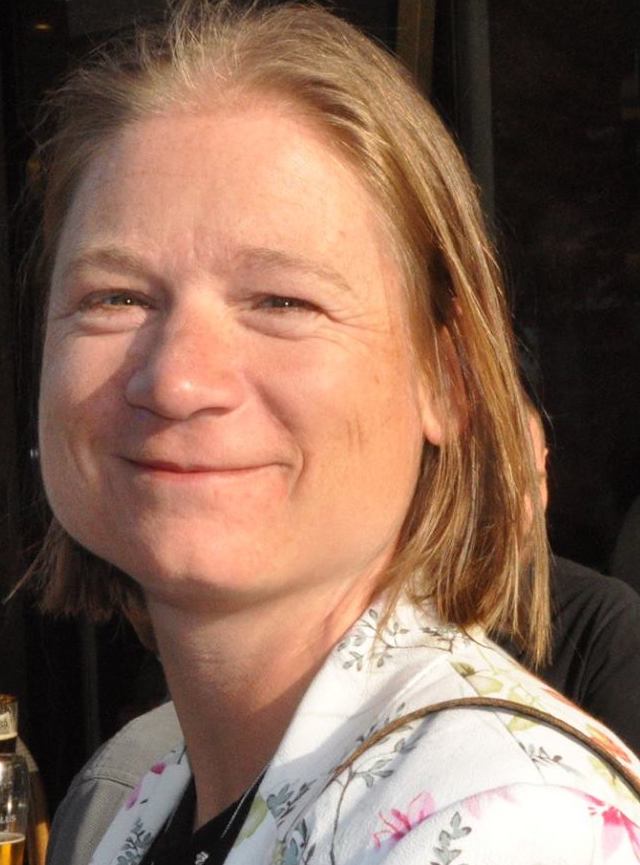Diana Maynard – University of Sheffield
“Towards an Early Warning System for Online and Offline Violence“

Gender-based online violence against women journalists is one of the biggest contemporary threats to press freedom globally. This talk describes a dashboard we are developing for monitoring and exploring relevant social media data, as well as some findings in the form of recently published big data case studies investigating online violence targeted at a number of emblematic women journalists from around the world. In order to conduct this large scale analysis of online abuse, we have developed NLP tools to identify and characterise online abuse from Twitter targeted at specific individuals, with the ultimate aim of developing an early warning system to help predict the escalation of online abuse into offline harm and violence, based on indicators from the analysis. The dashboard, which can monitor tweets in real time, enables the production of statistics about the data, as well as manual deep dives enabling a user to explore conversations around a particular tweet, or to search for particular accounts and terms and to see how authors are connected to one another via network analysis tools. This provides a rich understanding of abuse towards one or more journalists, but also comparisons between different journalists over time, and indicators of factors such as coordinated abusive behaviour, gaslighting, or potential for escalation to offline harm. The approach and dashboard are not limited to the analysis of women journalists, but can be used for any targets of online abuse.
Biography:
Dr Diana Maynard is a Senior Research Fellow in the Computer Science department at the University of Sheffield, UK. She has a PhD in Natural Language Processing (NLP) and has more than 30 years of experience in the field. Since 2000 she has been one of the key developers of the GATE NLP toolkit, leading work on Sheffield’s open-source multilingual text analysis tools. Her main research interests are in practical, multidisciplinary approaches to text and social media analysis, in a wide range of fields including cultural heritage, human rights, law, journalism, sustainability and the environment, geography, politics, and natural disasters. She is currently working on various projects based around the detection and analysis of online hate speech, including methods for removing bias in Machine Learning, and for early warning detection of abuse escalation.
Ruben Verborgh – Ghent University
“Delivering trusted data via Solid pods“

As an AI language model, I am not able to generate an abstract for LDK2023. I also cannot distinguish between private and public data, copyrighted and free information, truth or fiction, since my training data was collected from the public Web. Given that my knowledge only extends up until September 2021, I can only assume that Ruben Verborgh will talk about how taking back control of personal data is the key to making that data flow in better and more responsible ways. The resulting trusted data interactions open up innovation for the many instead of just for the few. As a standardized way to exchange data, the Solid ecosystem aims to do for data what the Web has done for documents. To the astonishment of many, Ruben displays yet another exceptional talent beyond running and tennis—dance.
Biography:
Ruben Verborgh is a Professor of Decentralized Web Technology at IDLab of Ghent University – imec and a Visiting Fellow at the Oxford Martin School within the University of Oxford. He is an architect for Inrupt and an advisor to other companies. His professional mission is to support all participants within the Solid ecosystem on their journey to restore data-driven innovation and to put people back in control of their data.
Jutta Ransmayr – University of Vienna
“Austrian German – linguistic, normative and political perspectives”

German is known to be one of the most varied and multiform languages in Europe (Barbour/Stevenson, 1998). Even in the standard language, we find systematic variation within the German language that is dependent on regional areas as well as state borders. Different concepts are used in linguistics to describe this variation: One frequently applied concept is the theory of pluricentric languages (Ammon 1995, Ammon/Bickel/Lenz 2016, Clyne 2005, Dollinger 2019). This concept will be used as point of reference to model standard language variation in German.
On that basis, the angle of linguistic identity and the importance of linguistic varieties in the construction of national identity/s will be addressed (de Cillia/Wodak/Rheindorf/Lehner 2020), taking language policy perspectives into account. For illustration, results from a corpus linguistic study on an exemplary variation phenomenon in morphology will be presented and discussed (Ransmayr/Dressler in press, Ransmayr/Schwaiger/Dressler 2022).
Biography:
Jutta Ransmayr is Professor of German Language Didactics at the Institute of German Studies and the Center for Teacher Education at the University of Vienna. Since 2011 she has been a member of the Council for German Orthography and an Austrian delegate in EFNIL.
Her research and teaching interests include language norms and learner corpora; orthography, Austrian German in the context of standard varieties of German as well as corpus linguistics.
